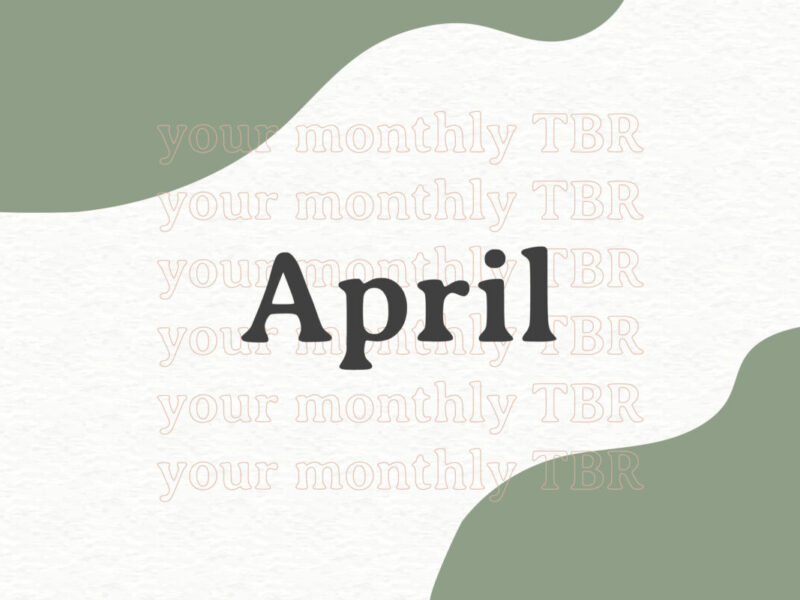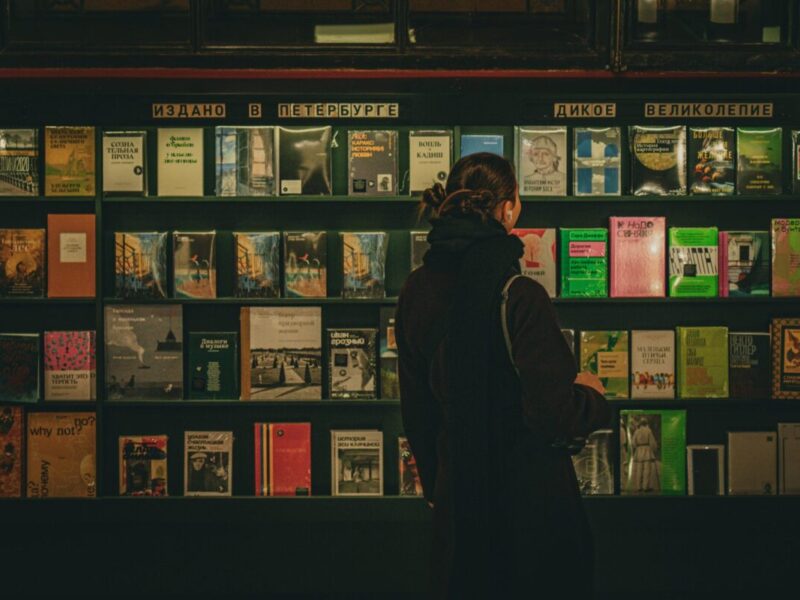A seven-day celebration of African American and Pan-African pride, Kwanzaa brings together millions of people each year. Creativity, unity, culture, and heritage take center stage as many decorate their homes, have feasts, share presents, and light the Kinara each night. In honor of Kwanzaa, we’ve made a list of seven poems to read, enjoy, or meditate on for each day of the holiday.
“Unite My Brothers and Sisters” by Sonia Dixon
Umoja (Unity) is the first of the seven principles of Kwanzaa. Umoja serves as a call to maintain unity in the family, community, nation, and race. Dixon’s poem, “Unite My Brothers and Sisters” embodies that message of unity. “Hold together brothers and sisters,” says Dixon, “It’s time to unite as one.”
“Rosa Parks” by Nikki Giovanni
The second principle, Kujichagulia, means self-determination. It is meant to give strength to the community by its members defining, naming, creating, and speaking for themselves. Giovanni’s poem, named for Rosa Parks, pays homage to all of the historical figures who have redefined the rules and relations of their time. “When Mrs. Parks said ‘NO’ a passionate movement was begun,” writes Giovanni.
“Brother/Sister/Siblings” by Asomfwaa
Third, comes Ujima, or collective work and responsibility. Ujima calls for the community to lean on one another and participate in collective problem-solving. The poem “Brother/Sister/Siblings” encourages the tradition of maintaining a strong family and community, and caring for one another as siblings. “Each tree drops a seed that every tree looks after until that seed becomes a tree—like its aunts and uncles,” says the speaker.
“Ode to the Barbershop” by Darrien Case
Ujamaa is the fourth principle, which means cooperative economics. It focuses on building and maintaining African-American-owned businesses and profiting together. Case’s poem unpacks the ways in which a barbershop provides a space of community and mutual exchange. “Oh, how that first sting / be a rite of passage,” writes case. “Healing will start again.”
“Seven Principles, Seven Harvests”
Nia, meaning purpose, comes next. This principle focuses on the development of the community under a united cause. The collective vocation must be to build and develop the community. “Seven Principles, Seven Harvests” does more than name each principle (known as the Nguzo Saba). It provides the context for Kwanzaa and artfully explains its very purpose. “Purely plain, purely simple / The Nguzo Saba help us become invincible.”
“For the Consideration of Poets” by Haki R. Madhubuti
Kuumba, or creativity, is the sixth principle. Kuumba encourages everyone to give their best to the community, doing as much as they can—however they can—to leave it more beautiful and beneficial than it was before. Madhubuti’s poem “For the Consideration of Poets” encourages its readers to use art to be critical and to push for truth. “Where is the poetry of resistance / the poetry of honorable defiance,” asks Madhubuti.
“Kwanzaa” by Alfonso Siverls
Finally, we come to the seventh principle: Imani (or faith). Imani is a reminder to believe in the people, parents, teachers, and leaders. Siverls’ poem “Kwanzaa” provides a heartwarming message of faith and a sense of history that rings true to the message of Kwanzaa. “It is the light / of candles / that shines brightly /after a long journey / of darkness, /that empowers my soul /and proclaims my place / in the culture of humanity,” writes Siverls.




